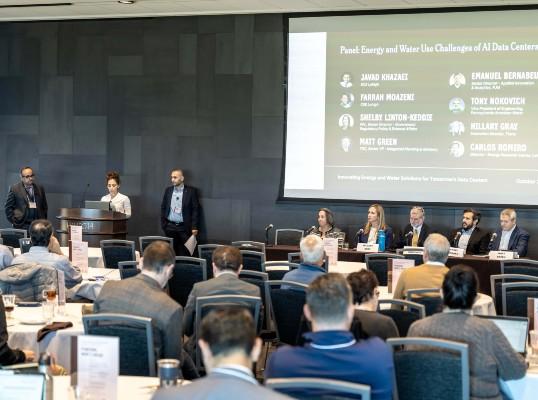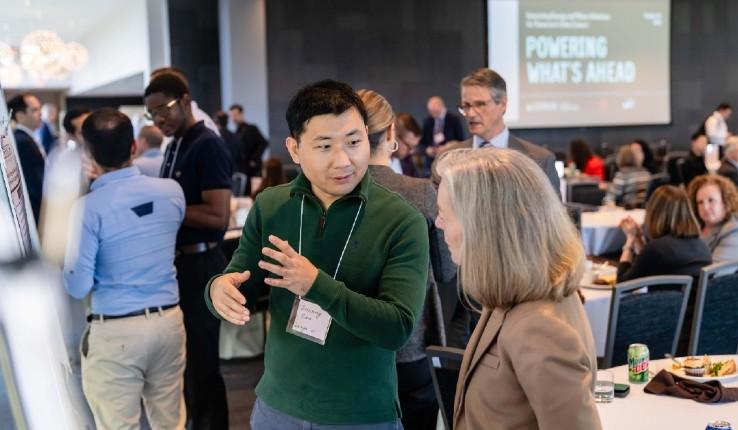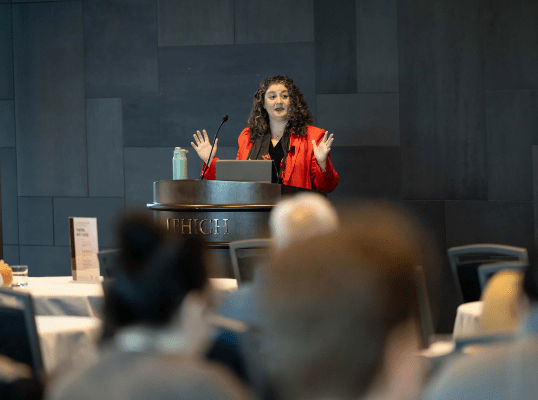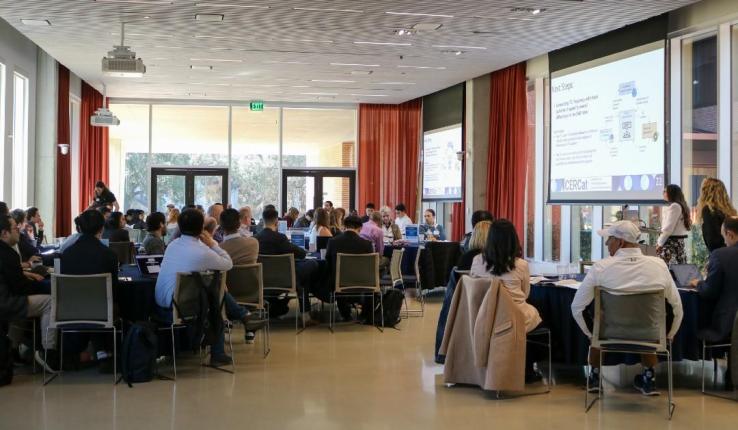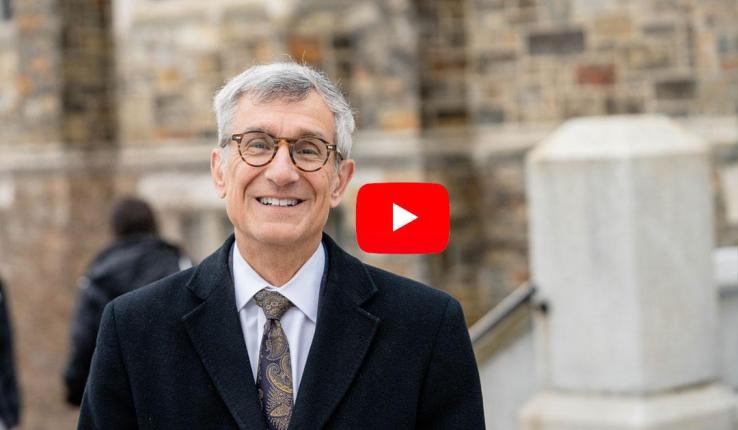Three years ago, Lehigh underwent a strategic planning process—the university’s first in nearly 15 years.
Throughout the process, ambitious goals were set and much of the focus was on student outcomes and becoming a nationwide leader in interdisciplinary education. Lehigh also expressed a desire “to expand and invest in three core, integrated research areas that are addressing immediate and deeply challenging problems that require solutions drawn from a broad range of engineering science, business and liberal arts disciplines,” according to President Joseph J. Helble ’82.
The Center for Advancing Community Electrification Solutions (ACES) is one of the three University Research Centers (URCs), addressing the energy needs of AI data centers.
“That center [ACES], and our intentional focus on finding creative ways to address the large-scale opportunity afforded Pennsylvania around data centers and AI through intelligently addressing the infrastructure challenge is what, of course, leads us to gather with you here today,” Helble said as Lehigh hosted “Innovating Energy and Water Solutions for Tomorrow's AI Data Centers.”


